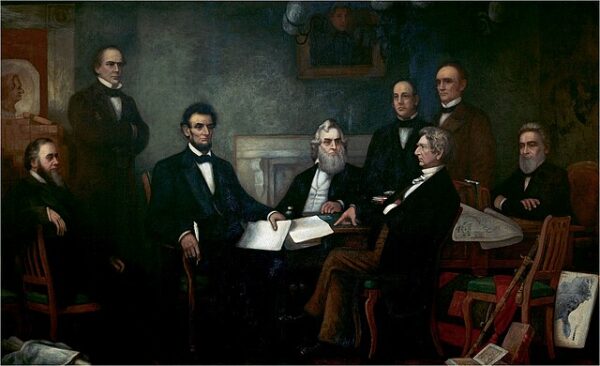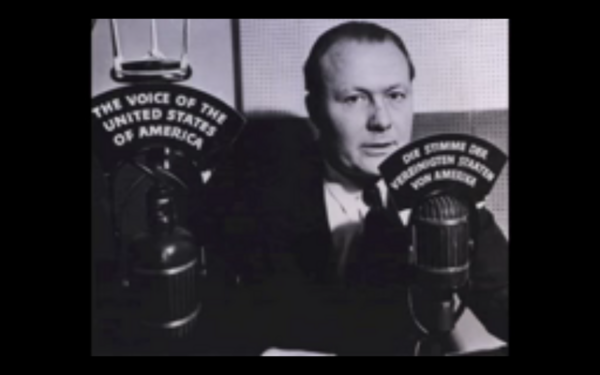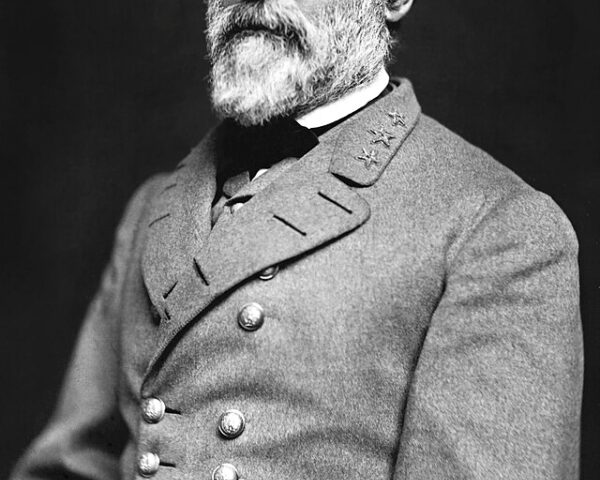On September 30, 1399, England witnessed the first deposition of a crowned monarch when Henry Bolingbroke, Duke of Lancaster, was acclaimed as King Henry IV. The spectacle in Westminster Hall marked not only the humiliation of Richard II but also a fundamental shift in the nature of kingship itself. A crown that had long been treated as hereditary and inviolable was, on that day, made contingent on power, politics, and the will of the realm’s magnates.
Richard’s downfall had been years in the making. Raised to the throne as a child, he never outgrew the suspicion that he lacked the gravitas of his grandfather, Edward III. By the 1390s, his reign was defined by extravagance, vindictiveness, and a dangerous appetite for absolutism. Richard confiscated estates, elevated favorites, and wielded justice as a weapon against rivals. His treatment of the Lords Appellant after their rebellion in 1387 made plain that mercy was foreign to his temperament. And when he extended his hand against his cousin Henry Bolingbroke—banishing him after a quarrel with the Duke of Norfolk, then stripping him of his inheritance upon the death of John of Gaunt—the king ensured that private enmity would become a national crisis.
The moment of opportunity came in the summer of 1399, when Richard embarked on campaign in Ireland. Henry landed in Yorkshire, ostensibly to reclaim his Lancastrian estates. Yet what began as a limited enterprise quickly gathered the momentum of revolution. Richard’s enemies, resentful of years of arbitrary rule, flocked to Henry’s banner. Sheriffs, bishops, and towns alike declared for him. By the time Richard returned from Ireland, he found himself a king without subjects, his power dissolved in his absence.
Cornered at Flint Castle, Richard was taken into custody and marched south to London. There Parliament staged the drama of deposition. Richard, broken and isolated, was induced to renounce the throne. Chroniclers wrote that he wept, handed over his crown, and spoke words of resignation—but the coercion was unmistakable. Parliament then declared him unfit to rule, endorsing Henry as successor “by right of inheritance and the will of the people.” It was a startling formula, one that mingled dynastic claim with a theory of elective kingship.
The proclamation of Henry IV on September 30 was no mere change of monarch; it was a precedent. The English crown was revealed to be vulnerable, dependent not only on blood but also on strength and legitimacy in the eyes of the realm’s power brokers. A door had been opened that could never be closed again: the king could be made—and unmade—by political will.
Yet Henry’s position was far from secure. The stain of usurpation clung to him, and rebellions soon followed. The Epiphany Rising of Richard’s loyalists collapsed in failure, but the Percy family of Northumberland, once his allies, later turned against him in the uprisings of the early 1400s. Henry ruled, but he ruled precariously, defending a throne gained through revolution against those who saw him as a pretender.
Richard’s fate underscored the dangers of deposition. Confined in Pontefract Castle, he died in February 1400, almost certainly starved on Henry’s orders. The removal of the deposed king extinguished the immediate threat of restoration, but it also cast a shadow over Henry’s legitimacy. A reign born of necessity had begun in blood.
The proclamation of September 30, 1399, therefore stands as one of the hinge moments of medieval English history. It shattered the aura of sacred kingship and introduced the perilous doctrine that the crown could pass by force, consent, and parliamentary sanction as much as by descent. Henry IV had seized the throne—but he also ensured that every monarch who followed would reign with the memory of Richard II’s fall lingering as a warning.






